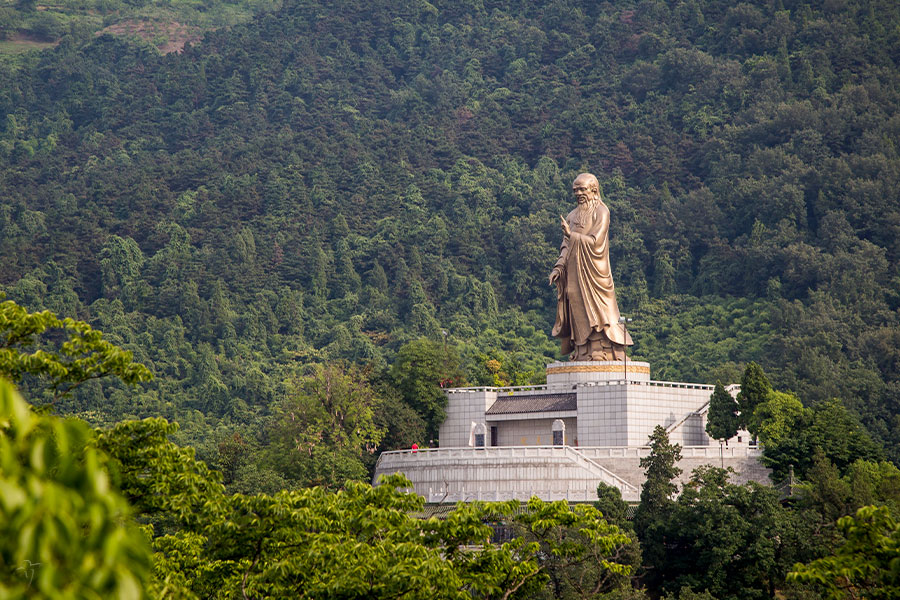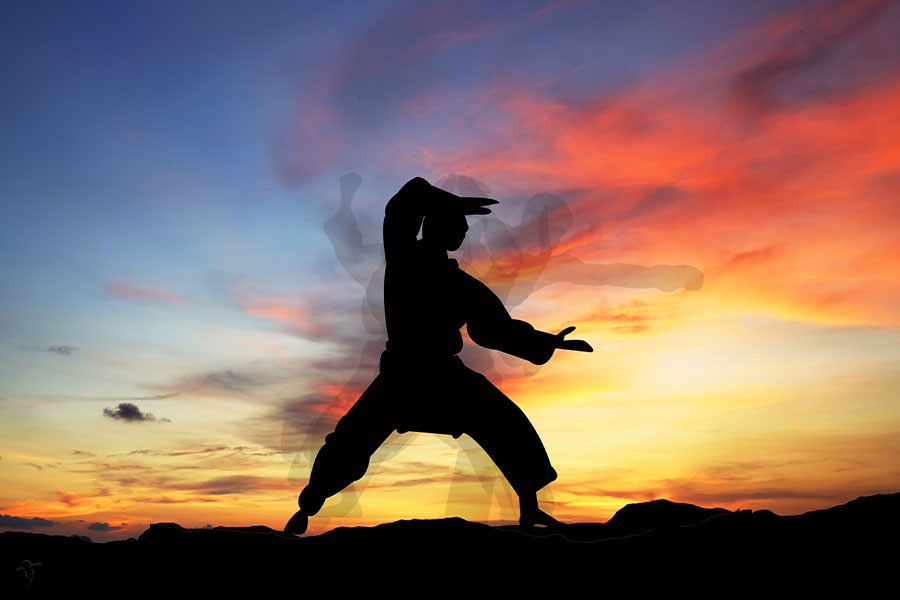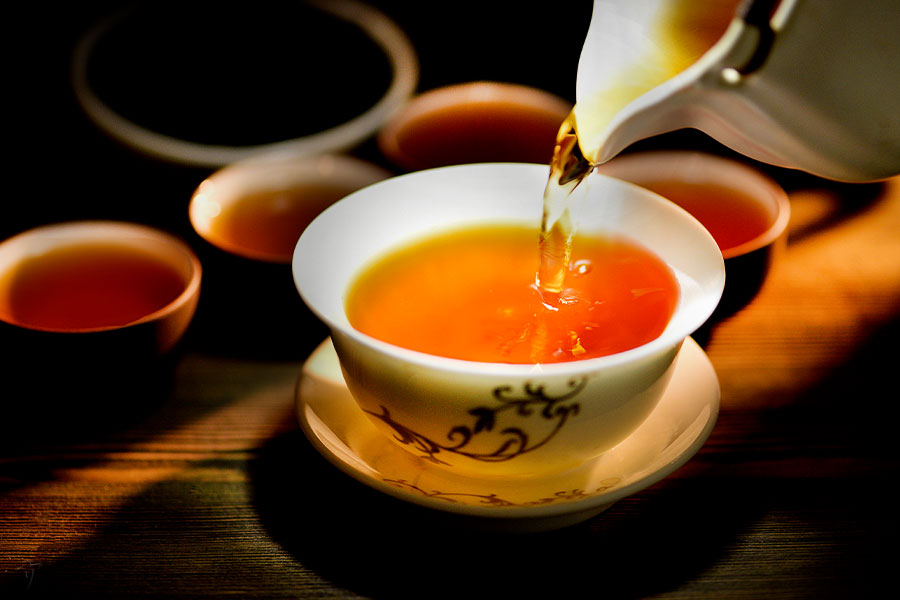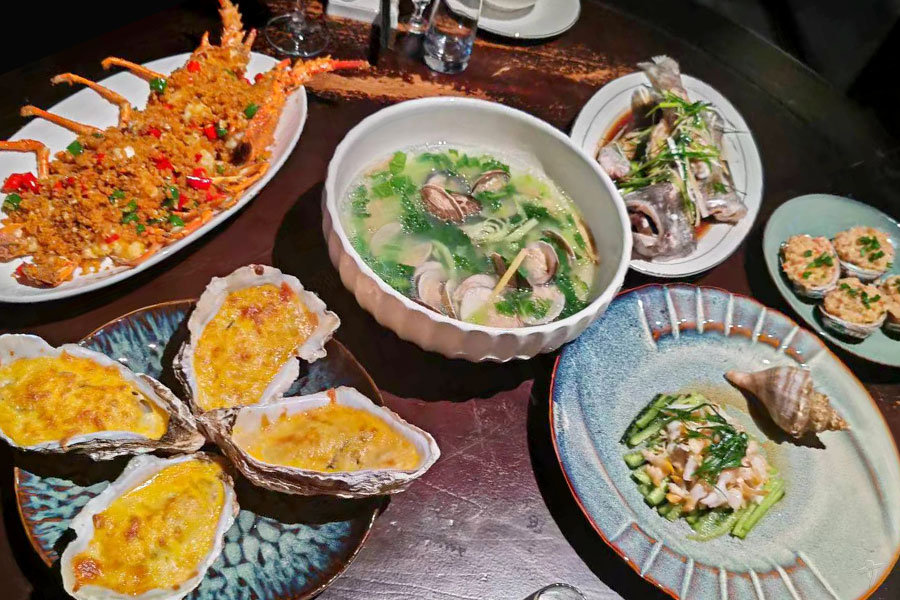Taoism

Taoism is indigenous to China with a history of over 1800 years. It was founded in the Eastern Han Dynasty (25-220) in Qingcheng Mountain in Sichuan province; it is a religion take the Tao (the ways) as the basic belief, esteem the Tai Shang Lao Jun (Chinese:太上老君, known as Lao Zi) as the supreme god, take the Dao De Jing by Lao Zi and Nan Hua Jing by Zhuang Zi as the canons and the founder Zhang Ling as the Sect’s master or Heavenly Teacher (Chinese: 天师). In general, the Taoists aspire to be immortals by great devotional practicing.
Taoism came from the Taoist school; Taoist priests and Taoist scholars are both the followers of Lao Zi and Dao De Jing, but they are two different groups. Taoist school is a philosophy school founded by Lao Zi in the Spring and Autumn Period (BC770- BC476), while the Taoism is a organized religion with religious activities founded in Han Dynasty by Zhang Ling; the biggest difference between them is that the Taoist scholars don’t have the beliefs and worships of immortals as Taoist priests do.
Today, there are about 1500 Taoism temples and over 50 000 adherents in China.
History of Taoism
Taoism was first known as the Five Piculs of Rice Sect (Chinese:五斗米道) founded in Eastern Han Dynasty by Zhang Ling whose followers were across the country at that time. (However, the Taoists themselves prefer the saying that the legendary ruler Yellow Emperor lived about 5000 years ago is their founder as demonolatry already existed during his time.) In the Jin, Southern and Northern dynasties (265-581), the alchemy became prevailing and the Taoism theory was greatly development merged with the popular metaphysics. A Taoist work Bao Pu ZI written by Ge Hong has systematically discussed all the immortal theories for the first time; and the southern sect and northern sect of Taoism were founded.
Tang Dynasty (618-907) was the heyday of Taoism as Taoism was popular from the royal family to the civilians. The Founder Emperor of Tang Dynasty, Li Yuan, declared that his Li family is the descendants of the supreme god of Taoism Lao Zi whose name is Li Er. In the late Song Dynasty (960-1279), Taoism was defined as state religion and Emperor Song Hui Zong even titled himself as a Taoism Emperor. It is a time that the theory of Internal Alchemy emerged and Taoism was even spread to the neighboring countries such as Vietnam.
One of the main sects of Taoism, the Quanzhen Sect was founded in the late Song and early Yuan dynasties by Wang Chongyang in northern area, and his disciple Qiu Chuji imparted to the Founder Emperor of Yuan Dynasty Genghis Khan and was endowed the rights to in charge of the Taoism in the country. During the same period, sects in southern areas were combined into a Zhengyi Sect; thus, two main sects of Taoism were officially founded.
Taoism was no longer the dominant religion till the Qing Dynasty which was founded by Manchus who observed the Tibetan Buddhism and Taoism of Han people was suppressed. Taoism was halted since then till the founding of the People’s Republic of China in 1949 that Taoism organization was founded and regular Taoism activities restarted.
Beliefs and Culture of Taoism
Dao De Jing is the premier canon of Taoism, and the Dao (ways) and De (morality) are the two basic beliefs. According to Taoism, Tao is the principle and dominate of the universe, all things come from the Tao, and De is the reflection of Tao. To cultivate the moral characters, Taoists stress the combination of people and nature and advocate Wuwei which means the quietude and non-aggression actions. Taoists hate the death and wish to be immortality and believe that the life is controlled by people themselves instead of the nature; if practicing devotionally, people can be immortals.
Taoism is polytheism. It has gods for almost everything, the sun, moon, stars, wind, rain, thunder, lightning, rivers, hills, and the land, kitchen, door and wealth. Yuanshi Tianzun, Lingbao Tianzun and Moral Tianzun (Lao Zi) are the three foremost gods of Taoism, the Jade Emperor and its officials in Heaven Court, the Yama and its officials in the Nether World, the Dragon King in the Crystal Palace are all the widely recognized immortals of Taoism.
There are some disciplines for Taoists including no killing, no drinking, no meat, no stealing, no sex, and the like. There are also different levels for disciplines, disciplines for high level, middle level and low level. Disciplines are called Jie(戒) in Chinese, according to the number of disciplines, there are Three-jie, Five-jie, Eight-jie, and the greatest is the Twenty-seven-jie. One of the figures in the “Journey to the West” named Zhu Bajie (the pig) or Eight-jie is related to these disciplines. (Though “Journey to the West” tells the pilgrimage stories of Buddhists, it includes many elements of Taoism, such as the Taoist disciplines and immortals.)
The traditional religious activities of Taoism are numerous mainly in two kinds, the Taoists’ self-cultivation and the religious ceremonies, including chanting scriptures, repenting, vegetarianism, non-cursing, and witchcrafts like driving out evils, conquering the demons, removing the unfortunates and divining. Today, most Taoism activities are conducted except these proved superstitions of witchcrafts and demon lore.
Related Readings
Top Topics

Chinese Kung Fu
Far and wide known as Kungfu (功夫) all over the world, Chinese martial art is also called Wugong (武功) or Wushu (武术) at home by Chinese people. It ca...

Chinese Tea
Being a vivid Chinese cultural specialty as well as Kungfu and traditional Chinese medicine, Chinese tea has been being developed in China for a lo...

Chinese Cuisine
"Food is the first necessity of the people" is a famous Chinese old saying, which reflects that Chinese have had paid much attention to food si...




